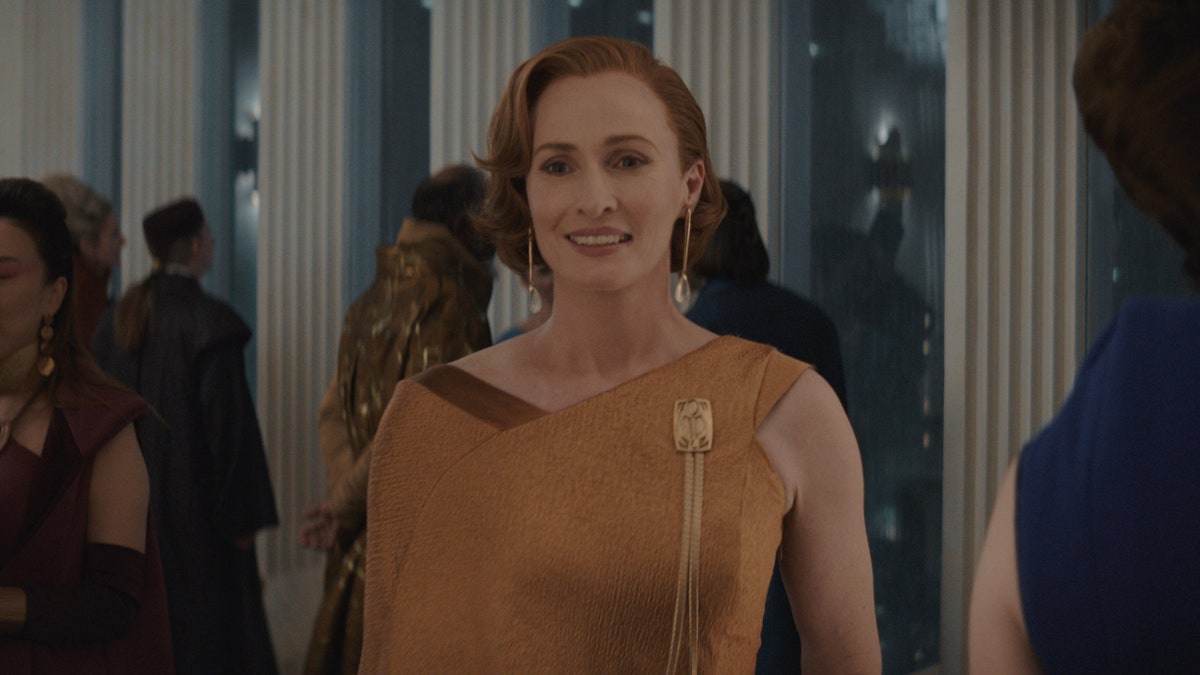Gone are the days of a million seasons of The Walking Dead and Game of Thrones turning prestige dramas into never-ending soaps — with new series' like Andor ending after season 2, TV has learned that modesty is, in fact, the best policy.
The Star Wars spin-off, which emerged as a surprise critical darling last year, is obviously in a unique place. It was always going to reach an early endpoint, its story preceding the feature-length Rogue One, by the end of which the primary characters are all blown to bits by a giant space laser. The series deliberately gave itself a truncated timeline by opening just a handful of years before Rogue One, and as showrunner Tony Gilroy cemented in recent conversation with Empire, Andor season 2 will lead directly into the events of the New Hope prequel.
But it's not the only example of prestige dramas and IP-extenders alike getting out while the going's good: just look at Succession, ending in its fourth season prime, or Ted Lasso, retiring just as it hits a patch of average form.
One should imagine that it's creatively liberating for a writers' room to have an end in mind from the beginning: it's much easier to map out the journey if you've already got the destination, with the inverse sometimes akin to colouring in a picture book missing half of its outlines. Andor stands out from the IP crowd for a number of reasons, but not least because its characters are living, breathing, fully-realised beings; the complexities and nuances they inhabit signpost a lot of elbow grease on the page, and it's fair to presume that such an endeavour is easier with a timeline in place from the start.
Further, even though Gilroy has said before that Andor has been planned from the beginning as a two-parter, this is a series that drew massive viewership and critical paeans aplenty. It's refreshing, if a little surprising, that in the age of endless churn, some blank-faced suit hasn't sunk their corporate talons into Andor's back and milked it for an additional season or two, stretching out the story until it eventually hits the Rogue One wall. It seems that for once, good storytelling has won out in favour of corporate number-crunching.
The truth is, there is just a lot of TV in the streaming age, between the manifold spin-offs and requels and prequels emerging on your Disney+'s, and your notionally original ideas churned out and immediately cancelled by Netflix on the weekly. We'd go so far as to say it's the benevolent stance, then, with the audience force-fed an endless sushi belt of Content, to end it early and give us a chance to get to the next thing. And that's without thinking about the capacity we need for rewatches of Girls and The Sopranos, on top of the new shit — there're only so many hours.
With a series coming to a close at the right time, everybody wins: the creators can end on a high, nary a shark jump to their name; audiences don't feel as though they're putting in out-of-hours work by keeping up with their favourite stories. Like any relationship: monotony breeds resentment, and it's always better to part ways before you're sick of the sight of each other.


